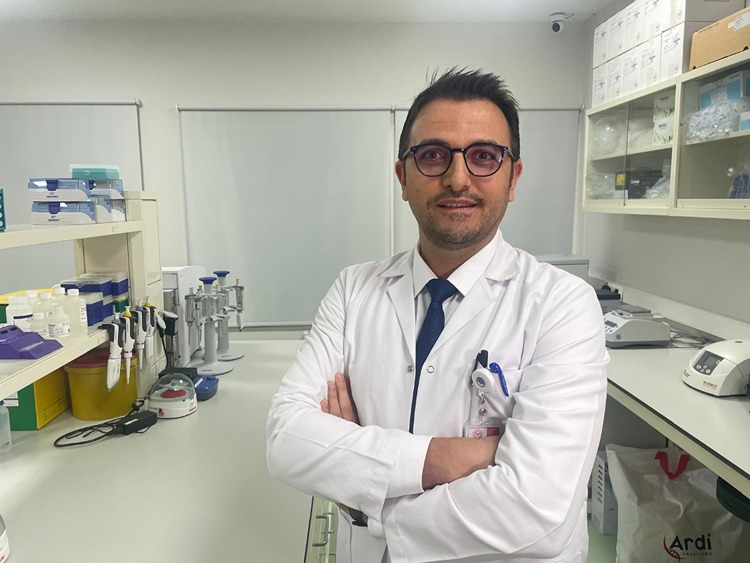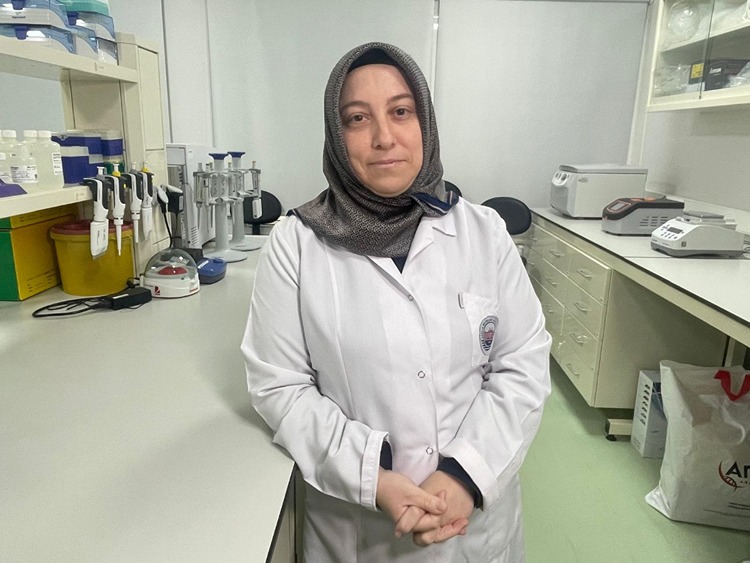Turkish scientists, as a result of experiments on laboratory mice, identified 12 genes that determine the degree of the body’s response to radiation therapy for lung cancer. This discovery could be a step towards creating personalized radiotherapy methods tailored to the genetic characteristics of each patient.
The study was supported by the Turkish Health Institute Board (TÜSEB) and the Validebag Research Center of the University of Medical Sciences (SBÜ). His goal was to determine the effect of high doses of radiation on gene expression in non-small cell lung cancer and to determine which genes change most significantly.
For the experiment, special laboratory animals, so-called “nude mice,” were used, on which models of lung tumors were created. After the tumor reached the desired size, the animals underwent radiotherapy at the Radiation Oncology Clinic of Haydarpasa Numune Hospital, and after 48 hours the tumor tissues were analyzed at the genetic level.

Using next generation sequencing technologies (Next Generation Sequencing – NGS) and bioinformatics analysis, the researchers identified 12 genes that consistently changed their behavior in all experimental groups under the influence of radiation.
Scientists found that some tumor suppressor genes associated with the immune response are activated after irradiation, which increases the effectiveness of therapy. At the same time, certain genes involved in disease relapse and metastases in the bone and brain were found to be significantly upregulated after radiotherapy. This showed that the tumor is able to develop protective mechanisms and resistance to radiation.
Thus, the study demonstrated for the first time at the molecular level how lung cancer cells respond to radiotherapy. Scientists believe that this approach will allow us to abandon a single dosage standard and move to individual radiotherapy.

According to Associate Professor Serhat Aras, project coordinator and lecturer at the Department of Radiation Oncology at Haydarpasa Numune Hospital, lung cancer remains one of the most common types of cancer in the world.
“We wanted to see how radiotherapy affects tumor genetics and gene expression levels. Each gene responds to radiation in its own way, and we were able to create a genetic map of these changes,” said Aras.
Seven of the twelve identified genes are associated with proliferation and suppression tumors, as well as with the body’s immune response. Five genes activated after radiation play a key role in disease relapse and metastasis, confirming the ability of tumor cells to develop resistance to therapy.

